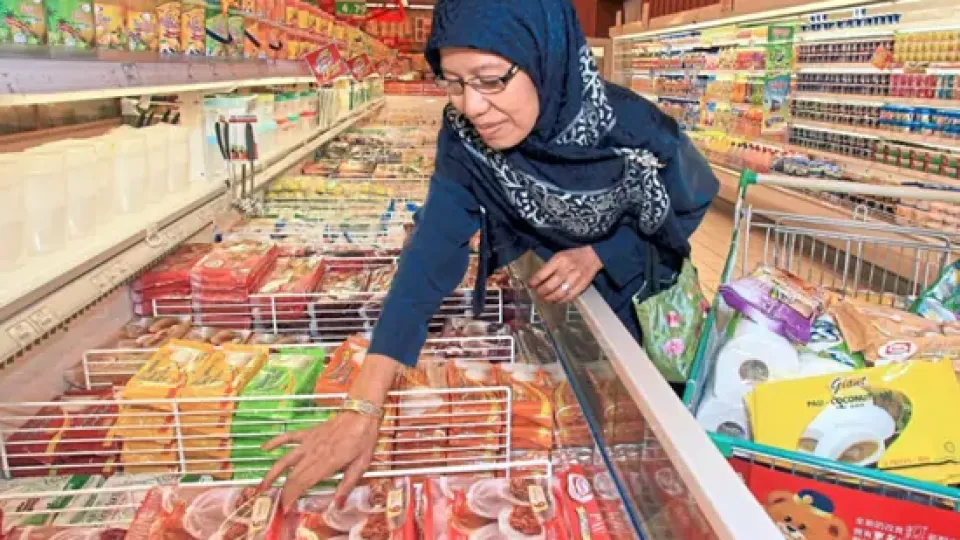February 12, 2025
KUALA LUMPUR – Food safety is a critical concern for everyone involved in the food chain, from producers and governments to consumers like ourselves.
While foodborne disease outbreaks often grab headlines, consumers’ responsibilities in ensuring food safety are sometimes overlooked.
The World Health Organization (WHO) emphasises that food safety is a shared responsibility.
As consumers, we play a vital role in protecting ourselves and our families.
This responsibility starts with making informed choices about the food we buy.
> Check for certification
Many consumers are unaware of, or don’t consider, recent food safety certifications available in their country.
Understanding these certifications empowers consumers to make informed choices.
We should prioritise food that has been properly certified and approved by the Health Ministry’s Food Safety and Quality Division.
Unfortunately, price often outweighs safety considerations when making purchasing decisions.
Taste is also often king, leading consumers to spend more for a particular food item they find delicious without considering its safety.
This approach can be risky, as even tasty food can pose health risks if not handled properly.
The rapid rise of home-based food businesses during the Covid-19 pandemic also presents a new challenge.
To address this, the Health Ministry created the Home-based Food Entrepreneurs Listing.
This programme encourages safe food-handling and preparation practices among home-based food vendors, ensuring compliance with legal requirements.
> Inspect the packaging
A common misconception is that ready-to-eat meals are inherently safe.
Research has shown that even these convenient options can harbour foodborne pathogens.
This risk often stems from improper handling after the food is unwrapped.
Many consumers don’t inspect food packaging for damage.
This is important as even a small puncture can allow harmful microbes to contaminate the food.
Additionally, leaving ready-to-eat food at room temperature for extended periods creates a breeding ground for bacteria.
These are all factors within the control of the consumer, regardless of how the food was originally prepared.
Too small to see
Whether dealing with home-based or commercial food producers, food safety should always be a top priority.
Microbial cross-contamination is a frequently overlooked aspect.
While physical and chemical hazards are readily apparent, microbial threats can have far more severe, and even life- threatening, consequences if mishandled.
With the growing trend towards healthier lifestyles and increased consumption of fruits and vegetables, it’s important to remember that minimally-processed produce can retain foodborne microbes.
These microbes may survive through minimal cooking processes, leading to foodborne illness.
To prevent this, both food handlers and consumers must work together.
Consumers should buy fruits and vegetables from reputable vendors who adhere to food safety regulations.
Additionally, before consuming produce, consumers should take steps to minimise microbial contamination, such as soaking fruits and vegetables in salt water or blanching them.
By following even these seemingly small steps and remaining vigilant, consumers can play their part in ensuring food safety.
Sasimalani Surgunnam is a lecturer in food microbiology at the Management and Science University. For more information, email starhealth@thestar.com.my. The information provided is for educational and communication purposes only, and should not be considered as medical advice. The Star does not give any warranty on accuracy, completeness, functionality, usefulness or other assurances as to the content appearing in this article. The Star disclaims all responsibility for any losses, damage to property or personal injury suffered directly or indirectly from reliance on such information.

